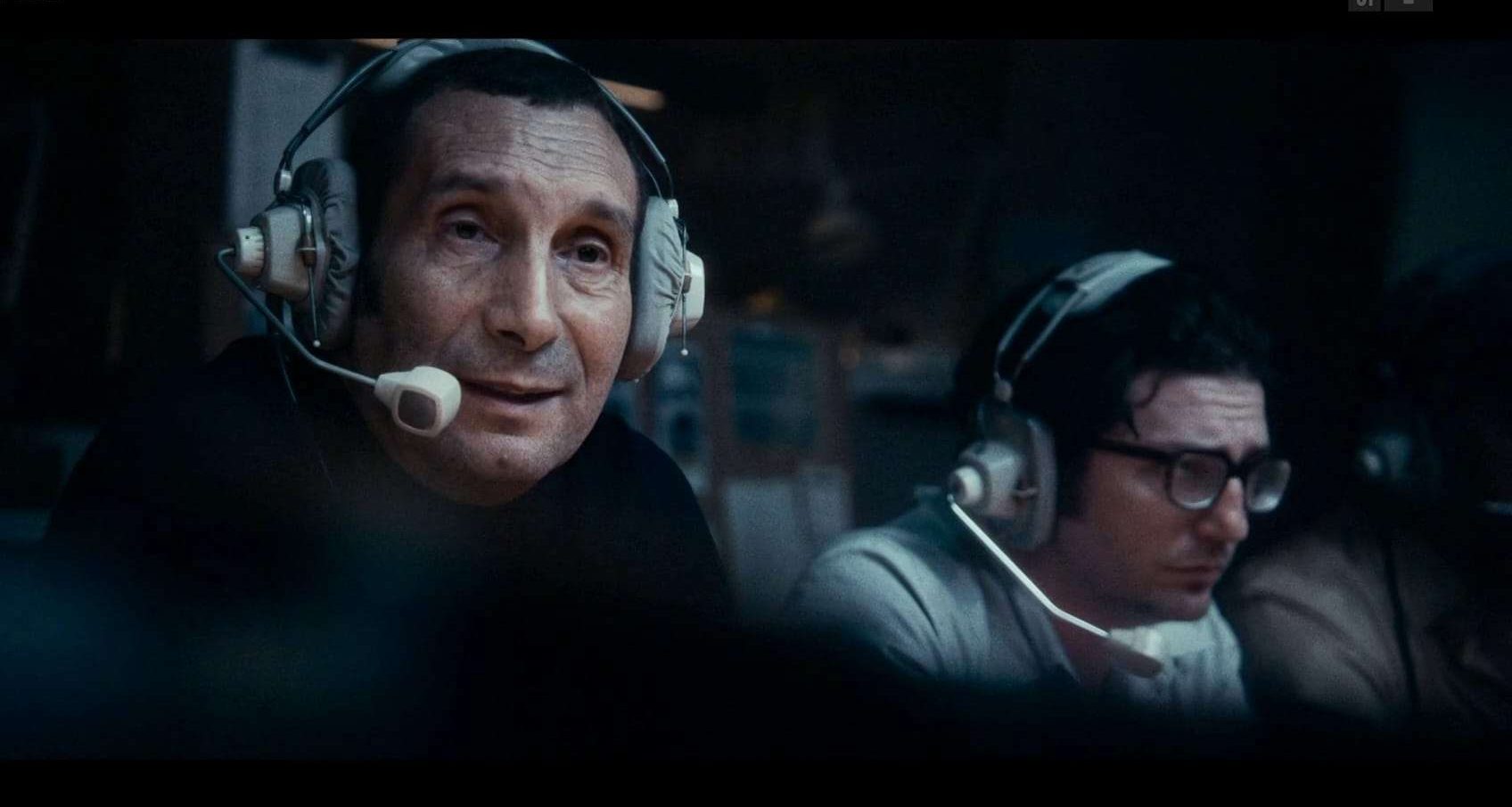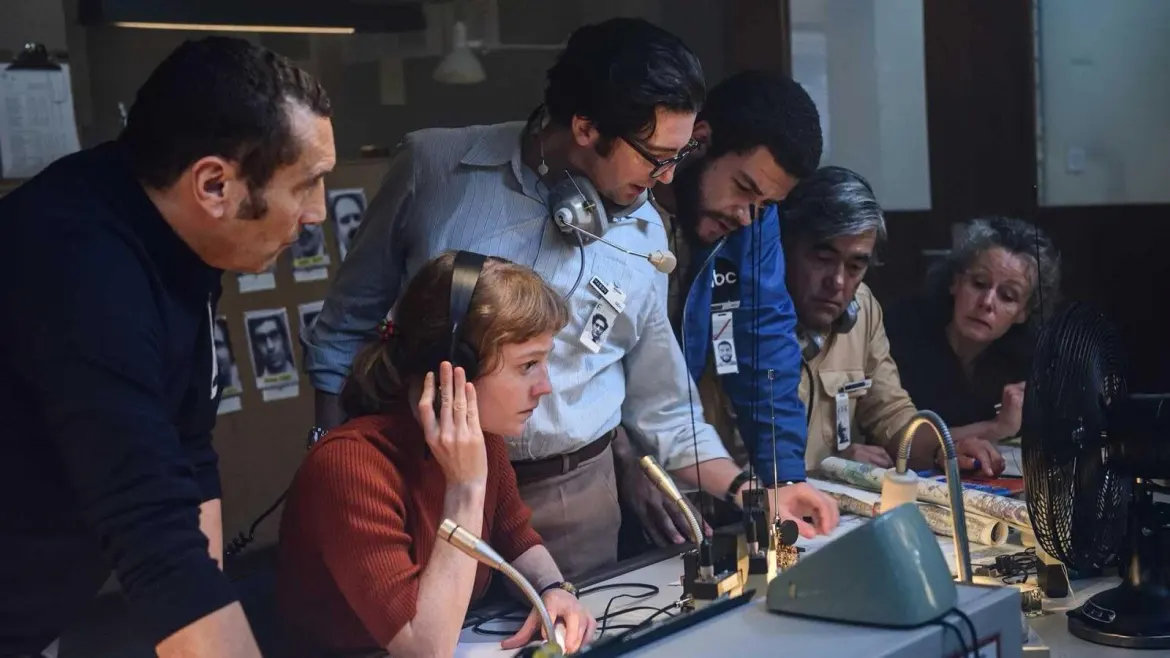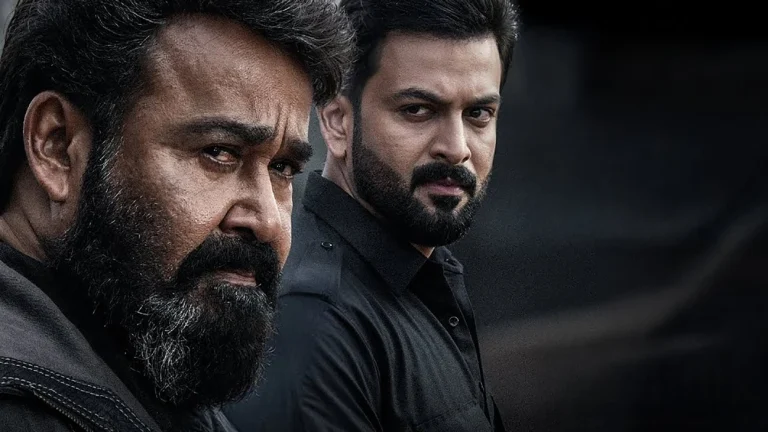The journalism thriller has been a quintessential subgenre of American historical cinema for decades, with Alan J. Pakula’s classic “All The President’s Men” often heralded as the best example. The reason that this perspective holds so much value is simple; by looking back at the ways in which news professionals covered a certain event, it becomes easier for the filmmaker to explore the profound impact that historical milestones had in real time. “September 5” could have easily been misconstrued as an attempted parallel to the current political crisis that has divided the world, but instead it reveals itself to be a thrilling procedural that examines the challenges of breaking a live story.
Tim Fehlbaum’s breakneck, 94-minute thriller examines the direct response and aftermath of the 1972 Munich Olympic hostage crisis, in which the Israeli Olympic team was held hostage by terrorists. The incident was not only the first instance of a live act of terrorism being broadcast around the world but also a defining moment in the Israeli-Palestine conflict that resulted in several subsequent vengeful missions.
Those interested in looking at how the cycle of violence panned out may be better suited to check out Steven Spielberg’s 2005 thriller “Munich,” which took a more direct look at the espionage involved in the aftermath. However, “September 5” is not a story about spies, assassins, or even politics, as it rarely strays out of the ABC newsroom that recounted the breaking news to a live audience around the globe.

“September 5” is an ensemble piece at heart, but at the center of the narrative is the young producer Geoffrey Mason (John Magaro), whose primary experience is that of covering sporting events and controversies between players. The most interesting angle that “September 5” has in humanizing its journalists is emphasizing the fact that they were not there to report on acts of terrorism; the ABC team may have been prepped for the divisiveness of holding a global confluence of nations in Germany in the aftermath of World War II, but they certainly weren’t expecting a full-on hostage crisis. This comes across most effectively because of the wide-eyed innocence that Magaro conveys in his performance. Although Mason is clearly someone with both talent and passion, he is faced with the cold reality that he may have bitten off more than he can chew.
If Magaro gives the viewer the human interest needed for a film so precise in its macro details, it is Peter Sarsgaard who is tasked with representing the burden of journalism as a profession. Sarsgaard stars as Roone Arledge, the even-tempered ABC executive who made the critical effort to let his “Sports” team cover the crisis, even when the “News” team was ready to jump on it. Sarsgaard’s performance is not that dissimilar from his breakout role nearly two decades earlier in “Shattered Glass,” in which he portrayed “The New Republic” editor Chuck Lane during the Stephen Glass fabrication scandal.
Sarsgaard’s performance is once again very dignified, yet emphatic. It is evident that Arledge believes strongly that his team is better suited to covering the crisis because they are there on the ground, as it would be ridiculous for the story to shift to another anchor on the other side of the globe. That being said, Arledge never comes across as smug or conceited; he’s depicted as someone determined to use his authority for the good of the public, which comes across via Sarsgaard in some of the film’s most strenuous moments.
“September 5” rarely strays away from the newsroom itself, with only a few brief instances involving an undercover reporter examining the hotel room in which the hostages are being held. The lack of information available to the reporters only heightens the tension, and the film goes in depth exploring the lack of terminology that was available at the time because of how unprecedented this event was. At what point can the word “terrorism” be used, and how could references to political violence end up escalating the public’s outcry for a response?
“September 5” is expressly about the reporters trying not to be misconstrued as advocates, and at its best leaves the viewers to determine for themselves what impact the ABC team’s coverage had. A conclusion that Mason draws regarding the ways in which the terrorists may have used news coverage as part of their strategy is by far the most crushing moment of the film.

The lack of broad exposition is one of the greatest strengths that “September 5” has, as a majority of the details regarding the intentions of both the news team and the games can be assumed based on the exploration of the coverage itself. That being said, the film is also quite savvy in how it contextualizes the 1972 tragedy in relation to other events. This is less than three decades after the end of World War II, and tensions in Germany are still at an all-time high (a point that is emphasized by the German-language reporter Marianne Gebhardt, portrayed by “The Teachers’ Lounge” breakout star Leonie Benesch). Arledge even notes at one point that the only recent event that held the worst so tightly in its grasp was the “Apollo 11” moon landing in 1969, which certainly inspired a more hopeful message about the future.
“September 5” is more compelling than a documentary about the same events could ever be, as it contains instances of humanity within each of its reporters that would certainly not be found in archive footage. Although it’s almost certain to be dissected by those who want the film to make a more clear statement on what the takeaways could be, the earnestness with which “September 5” tries to exclusively focus on how the story was reported is admirable.
Fehlbaum is a relatively young director, and perhaps a more seasoned filmmaker would not have been so willing to keep the scope so narrow. That being said, “September 5” is a fairly extraordinary leap forward, and should almost certainly result in Fehlbaum taking on more ambitious projects in the future.




![Dual [2022]: ‘Sundance’ Review – A pitch-black dark comedy where capitalism is the killer](https://79468c92.delivery.rocketcdn.me/wp-content/uploads/2022/01/Dual-Sundance-1-768x432.jpg)
![Closing Time [2018]: ‘Locarno’ Review](https://79468c92.delivery.rocketcdn.me/wp-content/uploads/2018/08/Closing-Time-hof-review-2018-1.jpg)


![Kim Ji-Young, Born 1982 [2020] ‘NYAFF’ Review: A Delightful narrative in a sweet, somber film](https://79468c92.delivery.rocketcdn.me/wp-content/uploads/2020/09/KIM-JI-YOUNG-MOVIE-REVIEW-highonfilms-1-768x515.jpg)